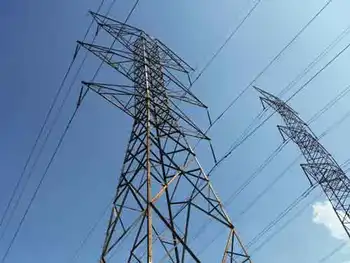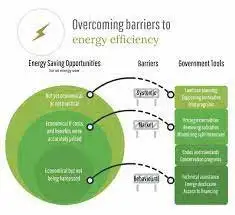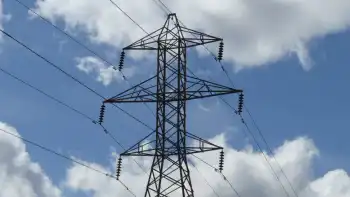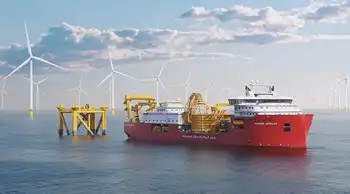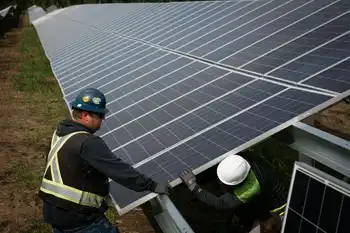Octopus Energy and Ukraine's DTEK enter Energy Talks
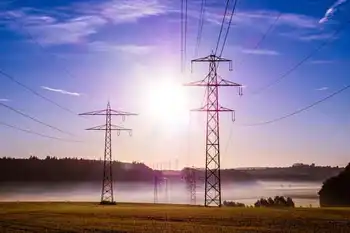
Substation Relay Protection Training
Our customized live online or in‑person group training can be delivered to your staff at your location.

- Live Online
- 12 hours Instructor-led
- Group Training Available
Octopus Energy and DTEK Partnership explores licensing the Kraken platform to rebuild Ukraine's power grid, enabling real-time analytics, smart-home integration, renewable energy orchestration, and distributed resilience amid ongoing attacks on critical energy infrastructure.
Key Points
Collaboration to deploy Kraken and renewables to modernize Ukraine's grid with analytics, smart control, and resilience.
✅ Kraken licensing for grid operations and customer analytics
✅ Shift to distributed solar, wind, and smart-home devices
✅ Real-time monitoring to mitigate outages and cyber risks
Octopus Energy, a prominent UK energy firm, has begun preliminary conversations with Ukraine's DTEK regarding potential collaboration to refurbish Ukraine's heavily damaged electric infrastructure as ongoing strikes threaten the power grid across the country.
Persistent assaults by Russia on Ukraine's power network, including a five-hour attack on Kyiv's grid, have led to significant electricity shortages in numerous regions.
Octopus Energy, the largest electricity and second-largest gas supplier in the UK, collaborates with energy firms in 17 countries using its Kraken software platform, and Ukraine joined Europe's power grid with unprecedented speed to bolster resilience. This platform is currently being trialled by the Abu Dhabi National Energy Company (Taqa) for power and water customers in the UAE.
A spokesperson from Octopus revealed to The National that the company is "in the early stages of discussions with DTEK to explore potential collaborative opportunities.”
One of the possibilities being considered is licensing Octopus's Kraken technology platform to DTEK, a platform that presently serves 54 million customer accounts globally.
Russian drone and missile attacks, which initially targeted Ukrainian ports and export channels last summer, shifted focus to energy infrastructure by October, ahead of the winter season as authorities worked to protect electricity supply before winter across the country.
These initial talks between Octopus CEO Greg Jackson and DTEK CEO Maxim Timchenko took place at the World Economic Forum in Davos, set against the backdrop of these ongoing challenges.
DTEK, Ukraine's leading private energy provider, might integrate Octopus's advanced Kraken software to manage and optimize data systems ranging from large power plants to smart-home devices, with a growing focus on protecting the grid against emerging threats.
Kraken is described by Octopus as a comprehensive technology platform that supports the entire energy supply chain, from generation to billing. It enables detailed analytics, real-time monitoring, and control of energy devices like heat pumps and electric vehicles, underscoring the need to counter cyber weapons that can disrupt power grids as systems become more connected.
Octopus Energy, with its focus on renewable sources, can also assist Ukraine in transitioning its power infrastructure from centralized coal-fired power stations, which are vulnerable targets, to a more distributed network of smaller solar and wind projects.
DTEK, serving approximately 3.5 million customers in the Kyiv, Donetsk, and Dnipro regions, is already engaged in renewable initiatives. The company constructed a wind farm in southern Ukraine within nine months last year and has plans for additional projects in Italy and Croatia.
Emphasizing the importance of rebuilding Ukraine's economy, Timchenko recently expressed at Davos the need for Ukrainian and international companies to work together to create a sustainable future for Ukraine, noting that incidents such as Russian hackers accessed U.S. control rooms highlight the urgency.





